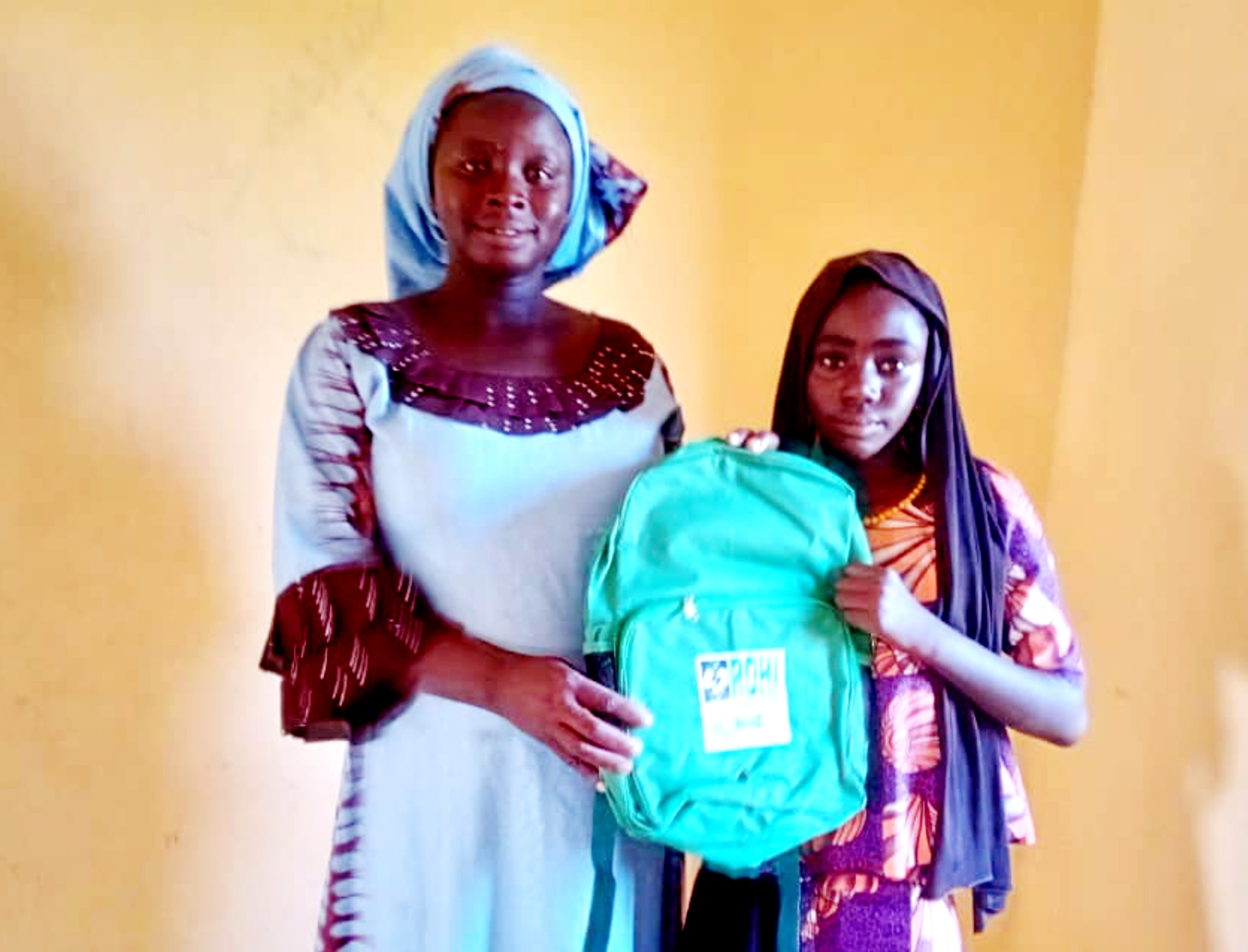More Than Books: How ROHI Gave Fadausu a Future
Fadausu Dauda, 12 years old, was born in Michika local government area (LGA) of Adamawa State. Adamawa, Borno, and Yobe states are the most affected regions in northeast Nigeria since the inception of the insurgencies in the zone more than a decade ago. In Adamawa state, Michika has been one of the hard-stricken LGAs at the inception of the insurgency. As a result of frequent attacks, Fadausuís family was forced to relocate to Madagali which was safer at the time. However, comfort and normalcy of life had become things of the past for the family. Food and health were the primary concerns, and the education of Fadausu and her siblings became secondary needs; they only needed to eat and survive. In the battle for survival, everyone becomes a fighter, including Fadausu, who had to drop out of school while in Primary 3. Fadausu's parents had to have her assist with domestic chores and run errands while supporting her mother with her petty trade. However, ROHI, supported by the Nigeria Humanitarian Fund (NHF), implemented an educational intervention program in the region, and after a community entry and back-to-school campaign, Fadausuís parents encouraged her to be enrolled in the non-formal classes at Jalingo primary school, where she received a donation of learning materials and attended classes regularly. She also benefited from the Boys and Girls Club. During one of the community dialogues, her mother applauded ROHI for the good job they were doing in the community and also said she had also been impacted by the positive parenting session; stressing that not only did her daughter benefit from the project but herself as well. Before her enrolment for the lessons, Fadausu could neither remember how to read nor write the alphabet or numbers because of how long she had been out of school. Thankfully, at the end of the project in 2023, Fadausu sat for an end-line test, and her performance revealed that she has learned to read and write English and Hausa alphabets, and numbers. She is proud that she can now write her name and surname; she is now able to read, write, and add four-digit numbers, as well as perform subtraction. She was one of the children who were later mainstreamed into Jalingo Primary School, class 4 to continue learning.
